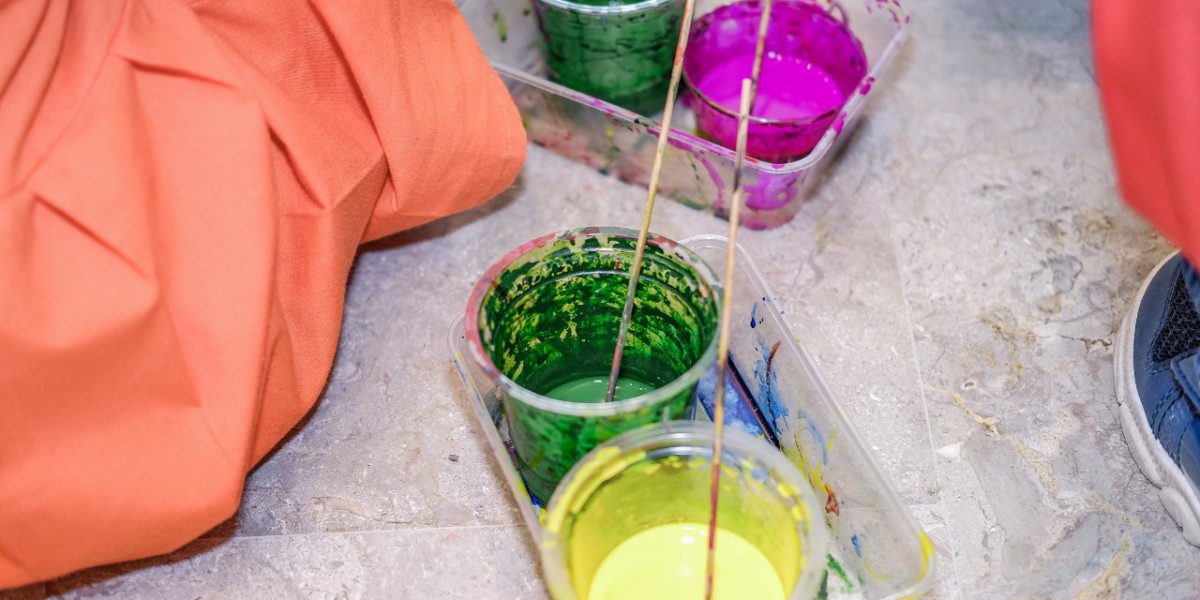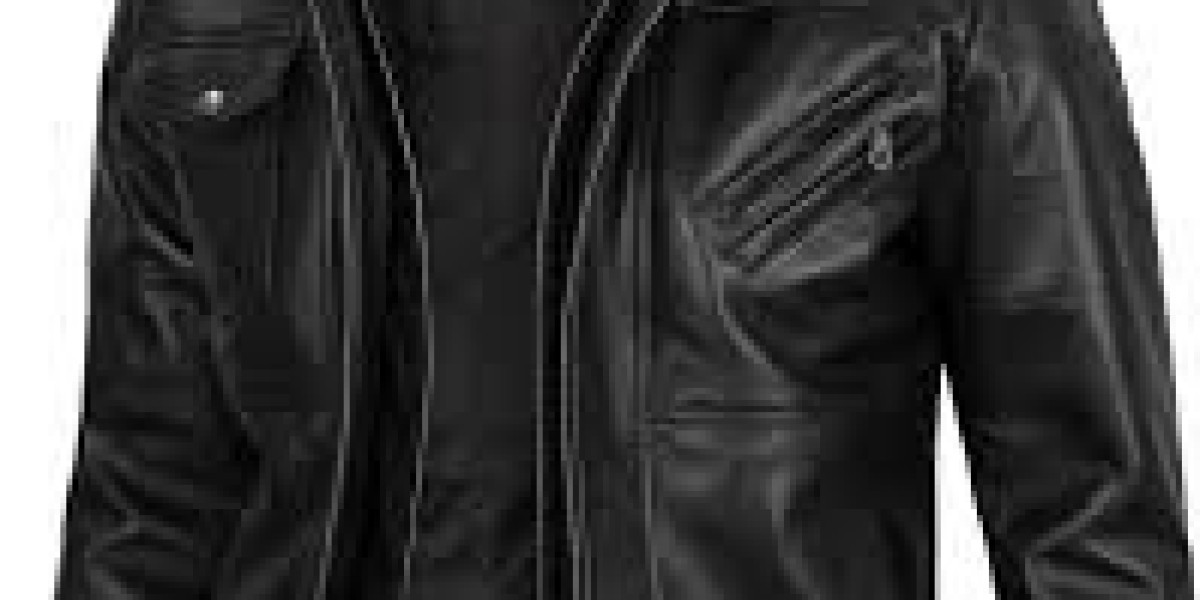Direct Black is a widely used dye in numerous industries, known for its deep, rich color and high applicability on various materials. This dye type is particularly popular in the textile and leather industries, where it is valued for its vibrant hue, ease of application, and lasting colorfastness. From producing elegant fabrics to dyeing industrial materials, Direct Black dyes are an essential component in the world of colorants.
This article will explore Direct Black in detail, covering its composition, different uses, benefits, and factors to consider when selecting this dye for industrial and commercial applications. If you’re seeking to understand more about Direct Black dyes or looking to choose a reliable provider, such as Sardar Chemicals, this guide will serve as an essential resource.
What is Direct Black?
Direct Black is a type of direct dye, which means it can be directly applied to materials without needing any binding agents. Direct dyes are water-soluble, which allows them to dissolve easily in hot water and bind effectively to cellulosic fibers, like cotton, jute, and linen. Due to its ease of application, Direct Black is often chosen for fabrics that require bold and dark coloring.
The name “Direct Black” typically refers to a family of dyes within the direct dye category, known for their robust black shades. Direct Black dyes are commonly used for dyeing textiles in a consistent, deep black hue, suitable for clothing, upholstery, and industrial fabrics. These dyes work through an affinity with the fiber, forming a lasting connection that helps retain the color even after exposure to light and repeated washing.
Characteristics of Direct Black Dye
Direct Black is distinguished by several key characteristics that make it suitable for various applications:
1. Water Solubility
Direct Black dyes dissolve easily in water, which facilitates the dyeing process. Since no additional agents are required for the dye to adhere to the fibers, Direct Black can be directly added to the dye bath, making it convenient and cost-effective.
2. High Affinity for Cellulosic Fibers
Direct Black dyes work exceptionally well on cellulosic fibers, such as cotton, linen, and rayon. This makes them ideal for dyeing fabrics that are used in clothing, upholstery, and various textiles.
3. Colorfastness and Durability
Direct Black dyes offer good colorfastness, meaning that the dye color remains intact after multiple washes and light exposure. This quality makes it an excellent choice for fabrics that require long-lasting color.
4. Intense and Uniform Color
Direct Black dyes produce a rich, uniform black color that adds elegance and depth to fabrics. This consistency is valuable in industries where a uniform shade is crucial for product appeal.
5. Ease of Application
Direct Black can be applied at a high temperature, which allows the dye to penetrate the fabric more thoroughly. The simplicity of the process reduces the time and resources needed for dyeing large batches.
Uses and Applications of Direct Black Dye
The versatility of Direct Black dye has made it an essential component in various industries. Here are some of the primary applications:
1. Textile Industry
In the textile industry, Direct Black is widely used for dyeing fabrics. Clothing manufacturers often rely on this dye to create deep, uniform black shades in garments like trousers, jackets, shirts, and fashion accessories. The dye’s affordability and ease of use make it a popular choice in mass production.
2. Leather Industry
Direct Black is used in leather dyeing to produce dark, rich colors on natural and synthetic leather products. The dye bonds well with leather, giving it a luxurious, deep black finish that is ideal for shoes, bags, and furniture upholstery.
3. Paper Industry
Direct Black dyes are also used in the paper industry to add color to various types of paper products. This can include colored craft paper, stationery, and packaging materials where a dark, sophisticated look is desirable.
4. Industrial Fabrics
Beyond fashion, Direct Black dye is often used in industrial fabrics and materials. These fabrics are used for construction, automotive interiors, and furniture upholstery. The durability and colorfastness of Direct Black make it ideal for fabrics exposed to heavy usage and environmental conditions.
5. Ink Production
Direct Black is commonly used in ink production, especially for inks that require a bold, dark color. This includes printing inks, office ink cartridges, and other high-quality ink products used in documents and packaging.
Advantages of Using Direct Black Dye
Direct Black dye offers several advantages, making it a top choice for manufacturers and industries looking to achieve a bold, enduring color on various materials:
1. Cost-Effectiveness
Direct Black dyes are relatively inexpensive compared to other dye types. Their easy application and water solubility further reduce production costs, making them a practical option for bulk dyeing in commercial settings.
2. Wide Range of Applications
With uses spanning textiles, leather, paper, and inks, Direct Black dyes offer versatility that is highly beneficial for businesses serving multiple sectors. Industries that require high-quality, consistent black color will find Direct Black to be a dependable choice.
3. Eco-Friendly Options
Many manufacturers, like Sardar Chemicals, produce eco-friendly versions of Direct Black dyes, which are free from harmful chemicals and safe for various uses. This is particularly beneficial for businesses with sustainability goals or those looking to reduce their environmental impact.
4. High Colorfastness
Direct Black dyes are known for their strong resistance to fading, even when exposed to washing, light, and friction. This makes them ideal for products that require durability, such as workwear, upholstery, and industrial textiles.
5. Consistency in Color
Direct Black offers a uniform color, which is essential in industries like fashion and upholstery where consistency in appearance is critical. The uniformity of Direct Black dye ensures a seamless, professional look in finished products.
Selecting the Right Direct Black Dye Supplier
When choosing a supplier for Direct Black dye, there are several factors to consider to ensure you’re getting a high-quality product that meets your needs. Here are some tips for selecting the right supplier:
1. Reputation and Experience
Working with a reputable supplier like Sardar Chemicals provides assurance of product quality and reliability. Experienced suppliers understand industry standards and offer dyes that meet both performance and safety requirements.
2. Product Range
A supplier that offers a variety of Direct Black dye options allows you to choose the best fit for your specific needs. Different products may offer varying degrees of colorfastness, application methods, and environmental impact.
3. Sustainability Practices
As more industries prioritize sustainability, choosing a supplier that offers eco-friendly Direct Black dyes can help meet environmental goals. Look for certifications that indicate the supplier’s commitment to responsible production practices.
4. Technical Support and Guidance
Dyeing can be a complex process, and it’s helpful to have a supplier that offers technical support. Reliable suppliers can provide information on dyeing techniques, colorfastness testing, and optimal application methods to achieve the best results.
5. Competitive Pricing and Delivery
For businesses dealing in bulk orders, pricing and timely delivery are essential. A supplier who offers competitive pricing without compromising quality and can deliver on schedule will be a valuable partner in your production process.
Future Trends in Direct Black Dye Production
The dye industry is continuously evolving, and several trends are shaping the future of Direct Black dye production. Here’s a look at some of the key trends:
1. Eco-Friendly Alternatives
With increasing demand for sustainable products, many manufacturers are investing in eco-friendly Direct Black dyes. These dyes use fewer harmful chemicals and are designed to minimize environmental impact, aligning with global sustainability initiatives.
2. Improved Colorfastness and Durability
Manufacturers are focusing on developing dyes with improved colorfastness to meet the needs of industries that require high durability. Innovations in dye chemistry are creating stronger bonds with fibers, enhancing the longevity of Direct Black color on various materials.
3. Customization and Specialty Blends
Customization is becoming more popular, especially in the fashion industry. Direct Black dyes are being offered in specialty blends and custom shades to meet specific aesthetic requirements. Suppliers are increasingly providing customized options to meet industry demands for unique colors and tones.
4. Digital Dyeing Technology
Digital dyeing technology is transforming the way dyes are applied to textiles. This technology enables more precise dyeing, reduces waste, and enhances consistency, making it an attractive option for manufacturers looking to streamline operations and reduce costs.
Conclusion
Direct Black dyes play an essential role in various industries, from fashion to industrial applications. With their deep color, ease of use, and lasting durability, they are a popular choice for manufacturers seeking a dependable black dye for different materials. When choosing a Direct Black dye supplier, working with an established company like Sardar Chemicals can ensure you receive high-quality, consistent, and sustainable dye options that meet your needs.
As the dye industry continues to embrace eco-friendly practices and innovative technologies, Direct Black dye remains a versatile and valuable tool for businesses worldwide. Whether used in textiles, leather, or paper, Direct Black dye provides the bold color and performance required to create high-quality, visually appealing products.



